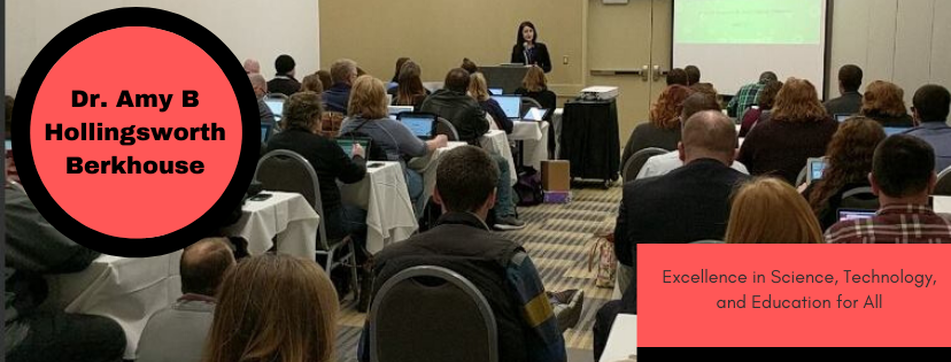“Mr. Longanecker’s takeaway from the study, which he reviewed in advance of its release: "Don’t wish for these to go away," he said of for-profit colleges, where a high proportion of the students are women, minorities, and low-income. "A lot fewer students would have access to higher education, and we know which students would be shut out."
I remember back to my days at Norton as a high schooler in the 1990's. There were four real “routes” you could take in high school. You could be in advanced placement, taking really challenging classes, which prepared you for college. You could take “college prep” classes that were not as hard, but still prepared you for college. You could take “the normal classes” which were core, basic classes that everyone took. Or you could take “vocational classes,” which prepared you for a trade – being a secretary, a beautician, a carpenter, a welder, a med tech, and others (that’s all the ones I remember). I took mainly advanced and college prep courses.
I don’t know at what point vocational classes were phased out, and everyone took either basic, college prep, or advanced courses. I’d imagine it has to do with No Child Left Behind. Every student was prepared to go to college, and when you graduated from high school, you either went to college, took that vocational training we used to be offered in high school, or you just quit your schooling there. Not pointing fingers at any political persuasions, but you can see how this added to the high school, college, and vocational teacher workforce. Kept students in school longer. Kept them out of the workforce. Kept more teachers employed, but in new institutions.
So, from what I’d imagine, vocational programs are never going to return to high schools. For-profit schools would close down, and high schools don’t have the money to re-create those programs. Letting poor students use federal money at for-profit institutions lets that group of students get the vocational education they used to get in high school (for “free”). Where the taxpayer used to pay for K-12 education for all children, they now pay for at least K-14, and many times K-16 (a four year education at any college or university). In thinking about the political aspects of this fight – how much education should Americans pay for? K-12, K-14, K-16, or K-16 for each and every person who wants it? There are a lot of ramifications that reach every part of America – the workforce, the educational system, taxes, and probably every sector I haven’t mentioned here.
Now, I admit to being a fiscal conservative. I’d like to see each student, once graduating from high school, be able to make their own choices about where to go to school, if they go to school, and what kind of investment they’d like to make in that education. Choose wisely, choose only what you can afford on your own, and take fiscal stake in that choice. But, there is a whole other segment out there of fiscal liberals, who’d like to see education completely free to all, at every level (up to grad school, including grad school, and any refresher courses). Let students try things, fail, try another course or major, and have the opportunity to take anything for “free.” (taxpayer subsidized) The answer is somewhere in the middle. Somewhere between “Pay for it all yourself,” and “We’ll invest in you, no matter what.” Such a complicated web of motivations, finances, politics, and choices.
What is a degree worth? What are degreed people worth? What degrees are worthy? Who chooses what degree a student should pursue? Who decides where a student gets their degree from? Who decides what degrees are offered, and where? Everyone has an opinion on these questions – who eventually gets to decide who is right? The voters? The teachers? The students? The – ***GASP*** – politicians??? Those weasely jerks who are influenced by money from for-profit institutions, unions, companies, foreign countries, and rich people… Scary, right?


 RSS Feed
RSS Feed
